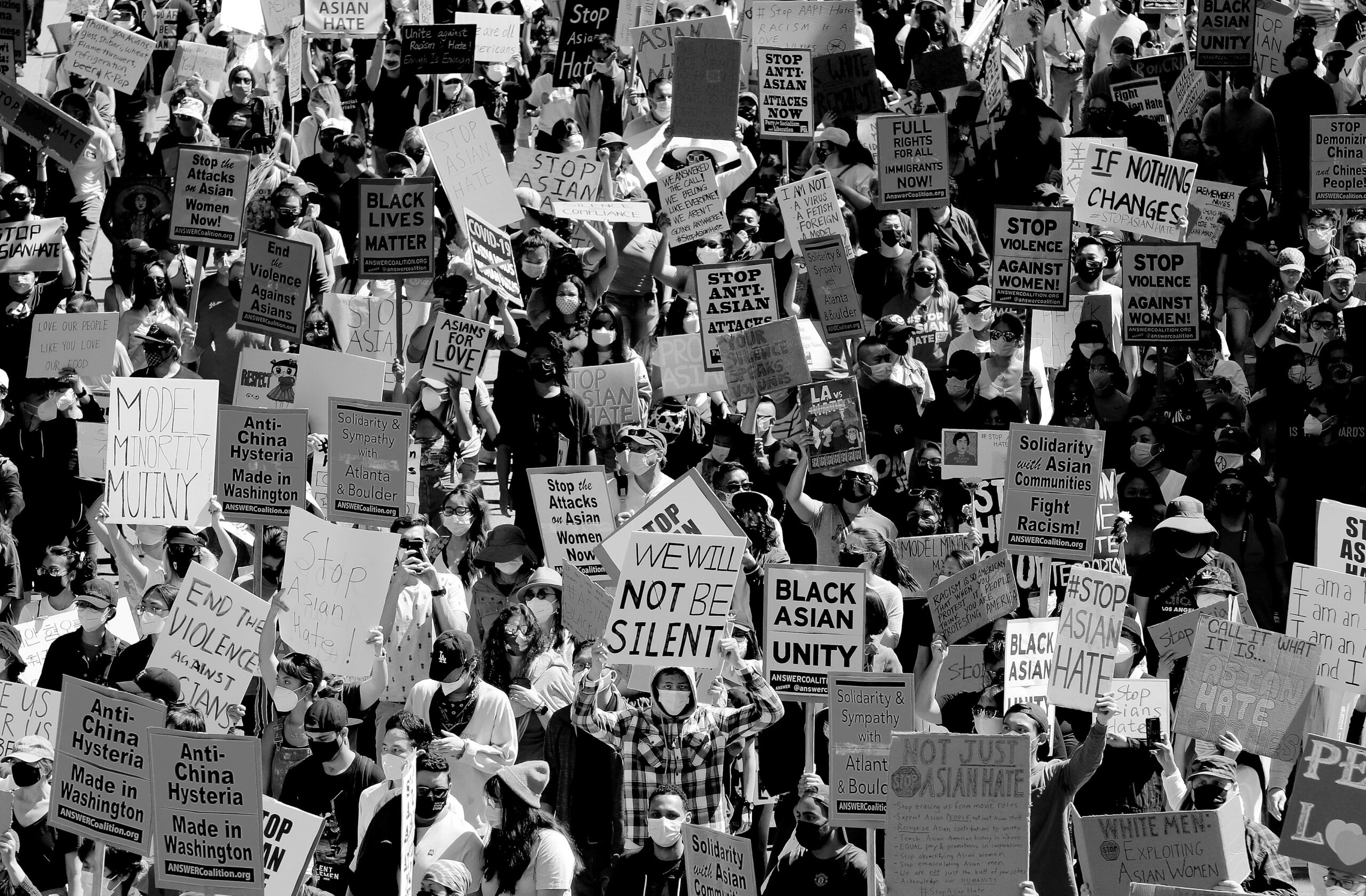
Excavating the Future: Stopping AAPI Hate
Manjusha Kulkarni, co-founder of Stop AAPI Hate, talks about the surge in anti-Asian harassment and violence during the pandemic and the communities that are pushing back.
Welcome to “Excavating the Future,” Capital & Main’s series of conversations about what life could and should be like after the pandemic through conversations with leading writers, artists, and activists.
We take our title from a book called “City of Quartz” by native Angeleno historian Mike Davis. It’s the idea that, as overwhelming as our current crisis feels, humanity has been here before. And many times, out of crisis arises something better. In the middle of the deadliest pandemic in modern history, we asked writers, scholars, and activists to explain where we were at, where we’re headed — and to sift through the past to figure out what or what not to do to get to that better place.
Excavating the Future is hosted and written by Rubén Martínez and produced and directed by Marco Amador for Capital & Main in partnership with KCET.

Manjusha Kulkarni, co-founder of Stop AAPI Hate, talks about the surge in anti-Asian harassment and violence during the pandemic and the communities that are pushing back.
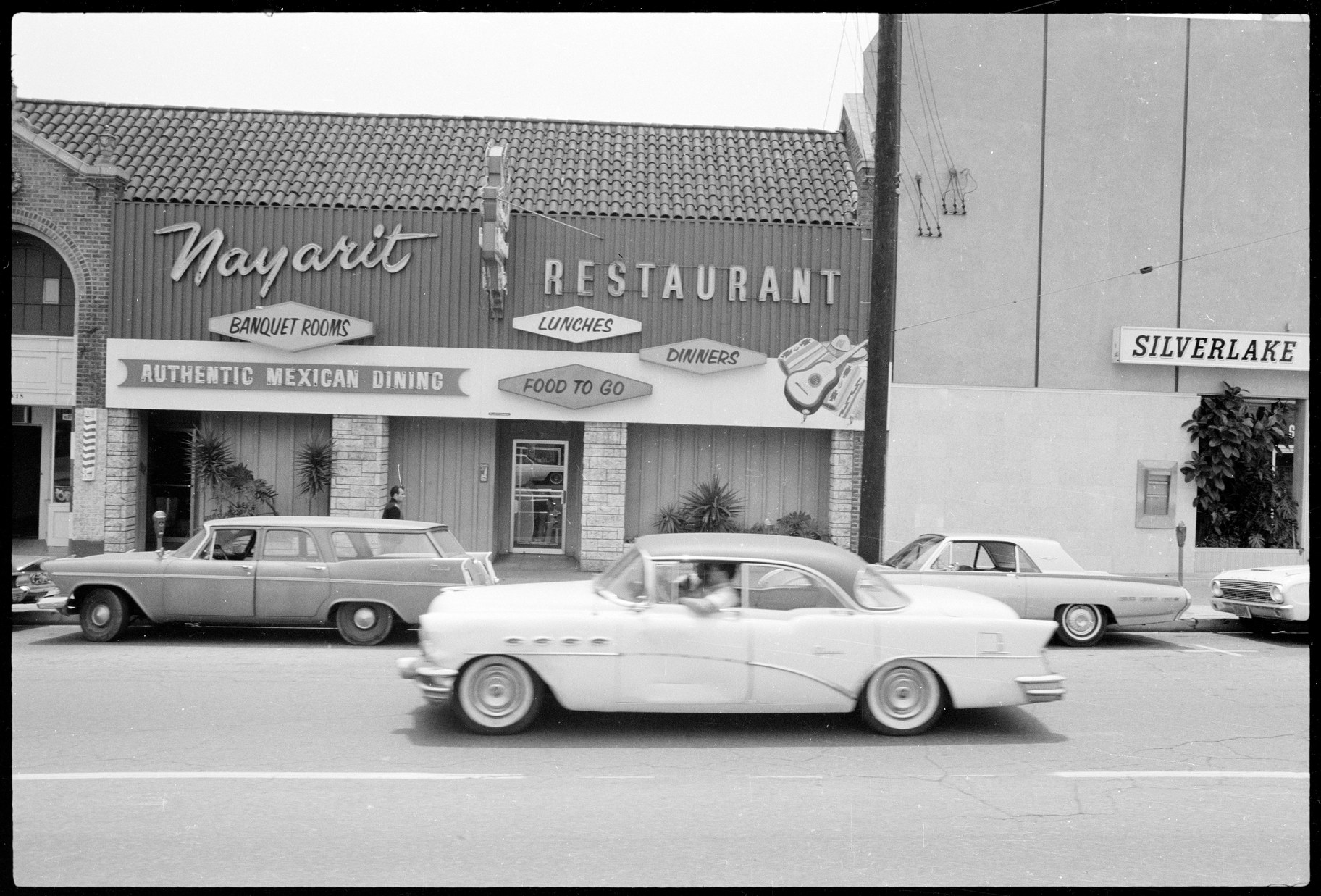
Natalia Molina, historian, author and MacArthur fellow, discusses gentrification and her family’s history of nurturing community.
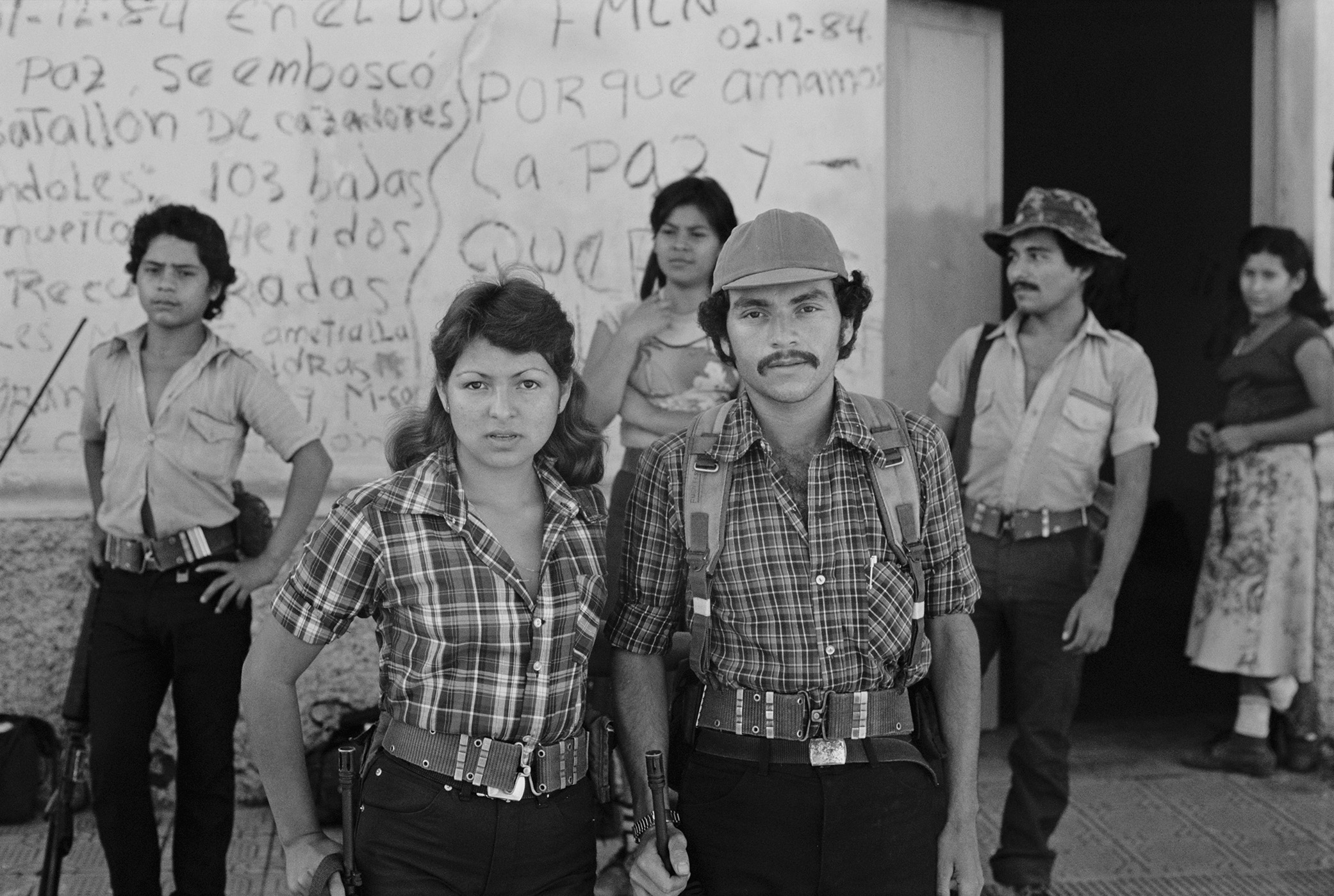
Rossana Pérez, healer and activist in the Salvadoran community of Los Angeles, talks about the transgenerational trauma that the COVID-19 pandemic exposed.

Natalia Molina, historian, author and MacArthur fellow, discusses gentrification and her family’s history of nurturing community.
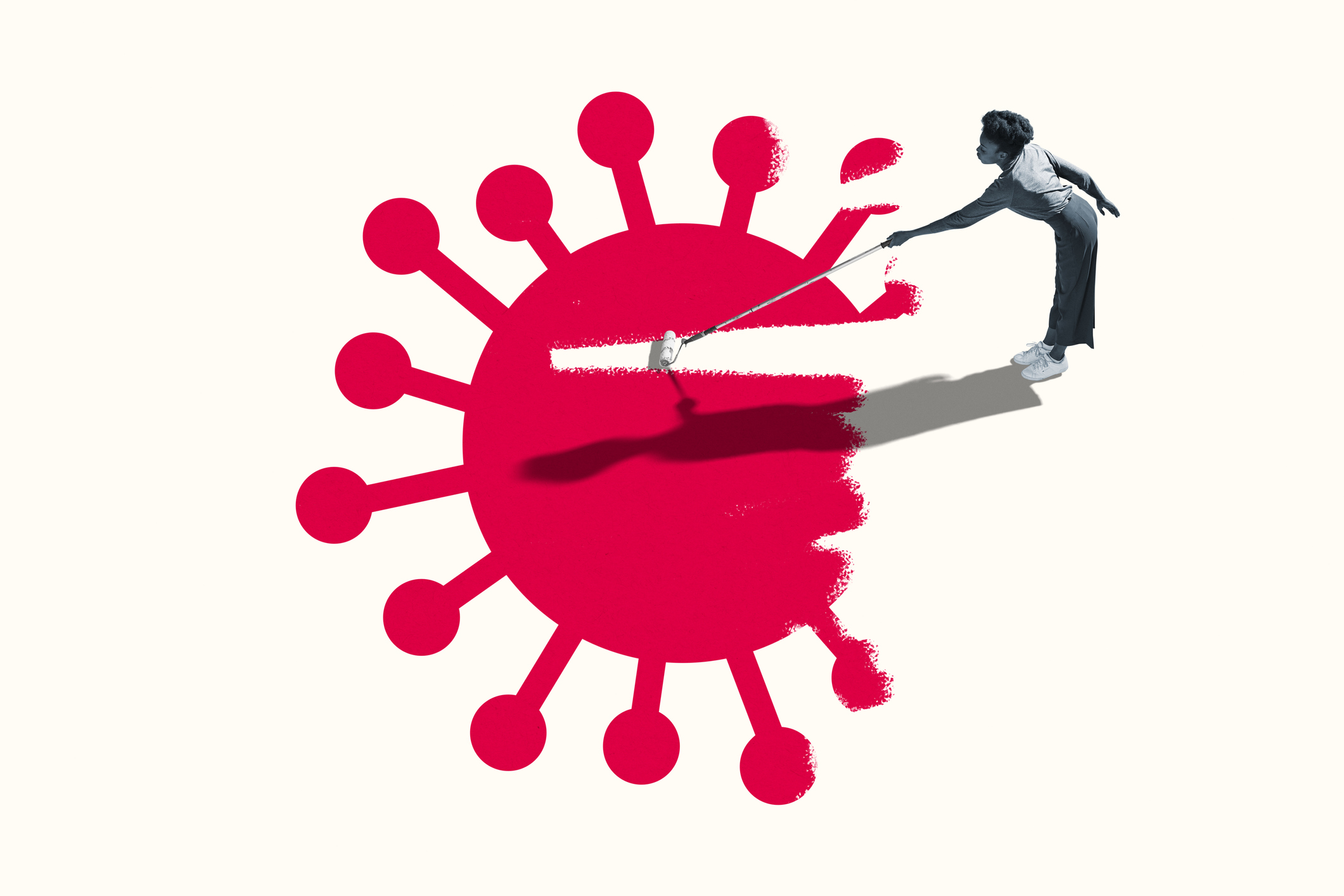
Reflecting on the changes that have occurred during the pandemic, Dr. Manuel Pastor discusses how society can reverse the bad and build on the good. The future is forged through our every day actions.

The long-time activist talks about the El Sereno community’s struggle for autonomy in the midst of a global pandemic.
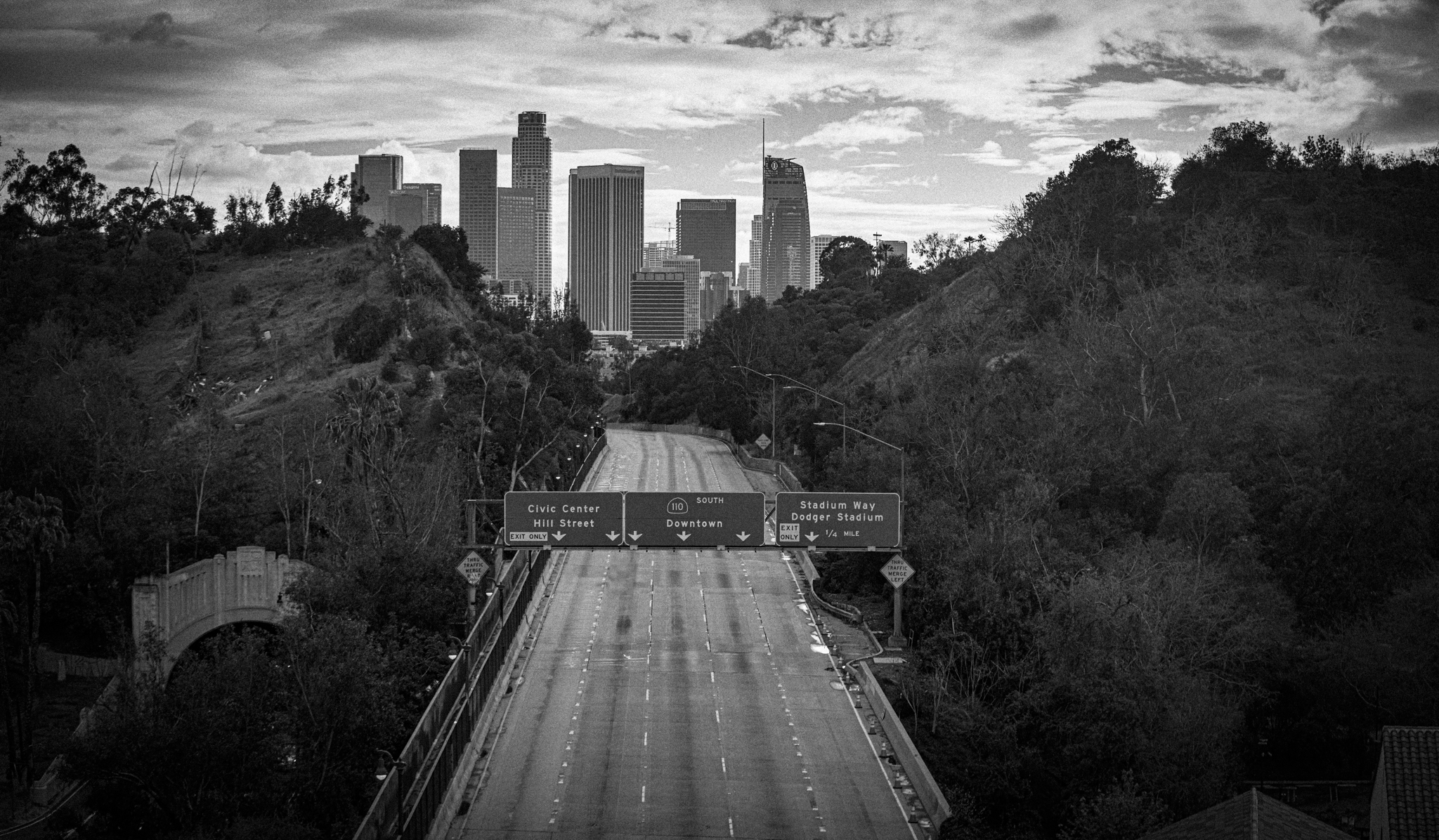
Marking two years of pandemic times, Rubén Martínez takes stock of what he has seen. Do you remember?
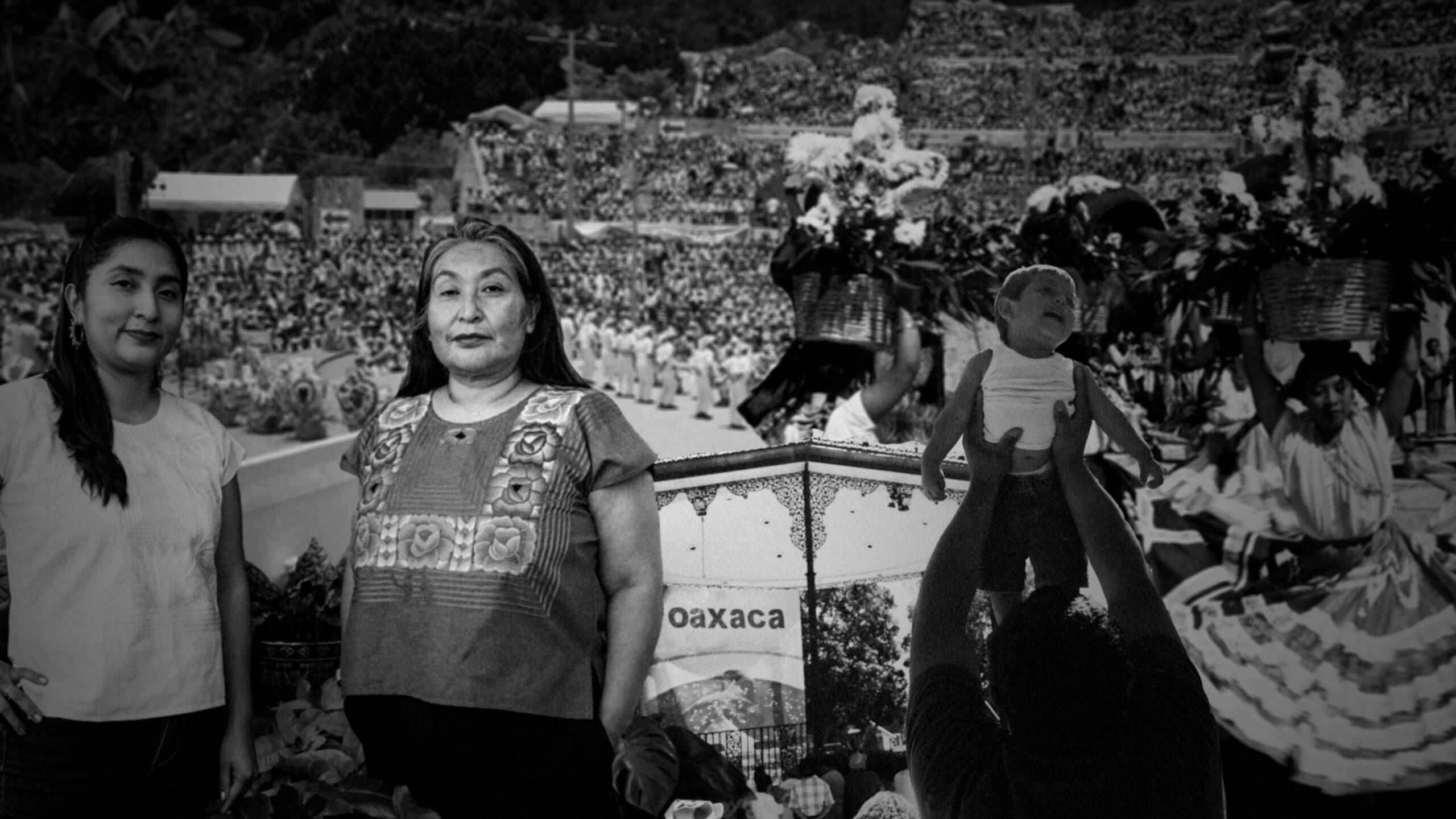
The Los Angeles-based Zapotec organizer shares how “mutual aid” has always been traditional.

The acclaimed op-ed contributing writer to the N.Y. Times and L.A. Times examines the past, present and future of racialized housing policy.
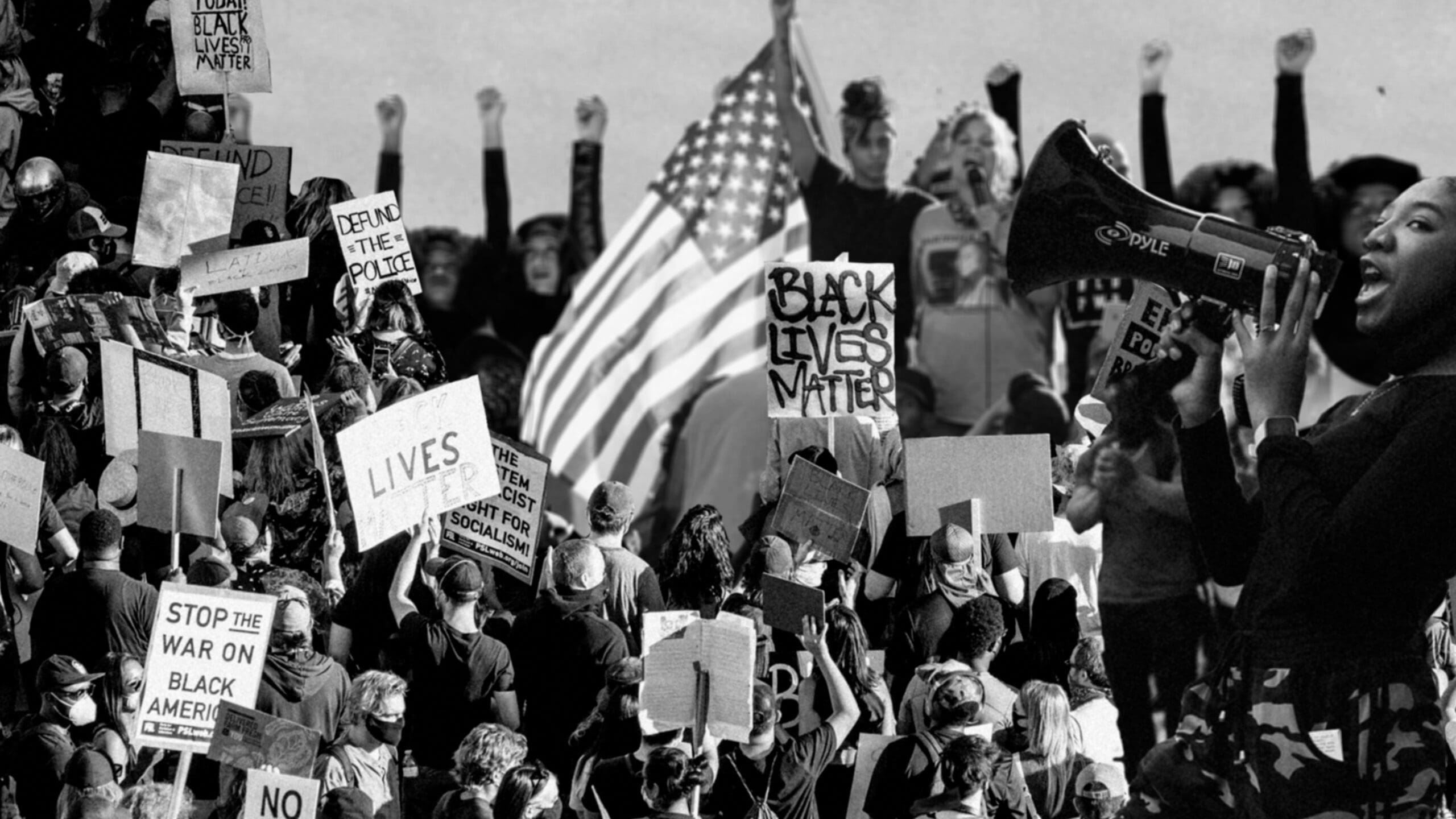
The activist discusses how to keep communities safe without policing as we know it.
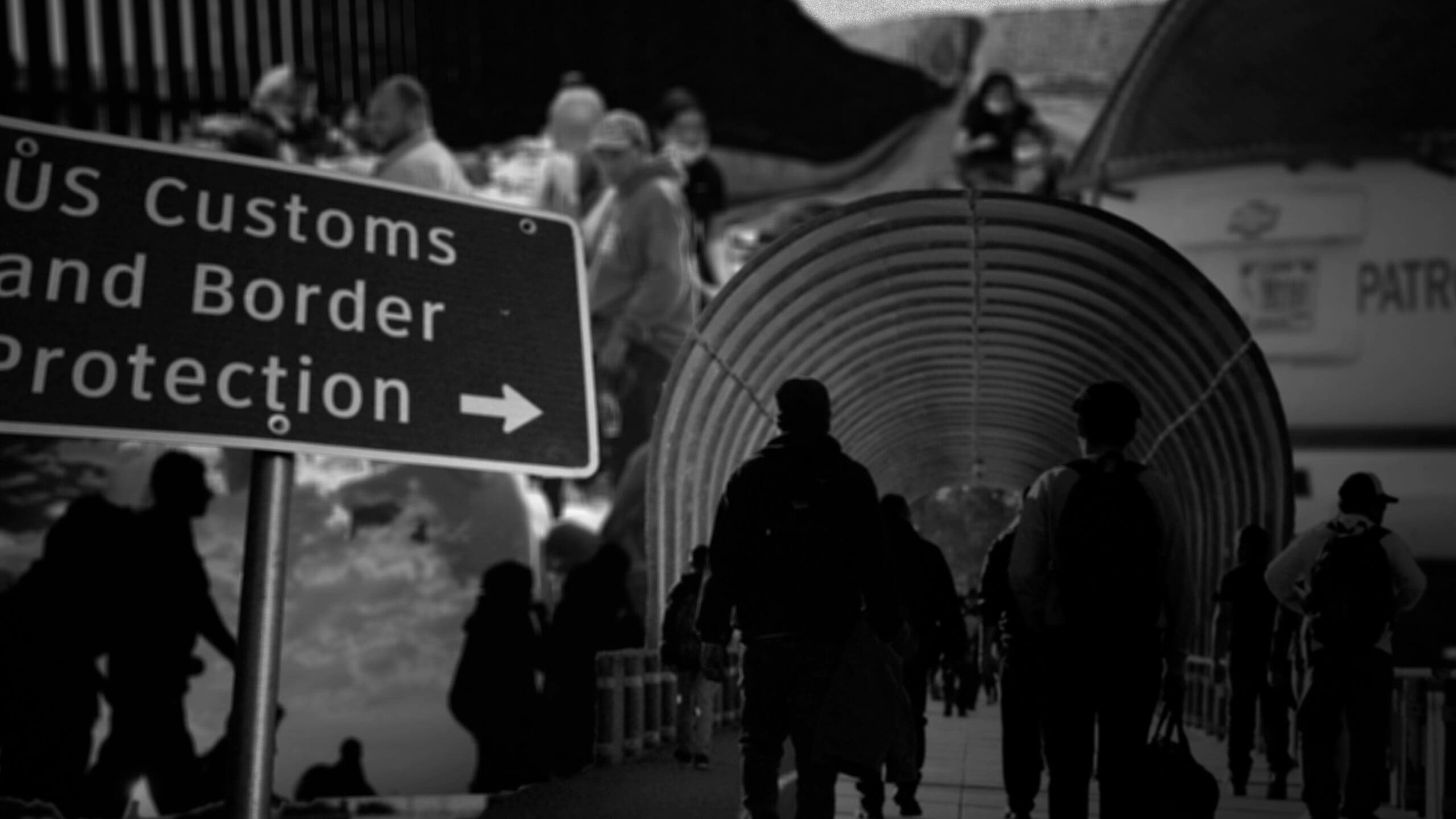
MacArthur Fellow Cristina Rivera Garza spoke to us from her home in San Diego to contemplate the U.S.-Mexico border, something first conceived in the imagination — which means that the imagination can also erase it.